Inside Google’s “promising and pragmatic” approach to fixing software development’s memory safety problem
As the transition toward memory-safe languages continues Google says it’s vital to make unsafe languages as secure as possible in the meantime

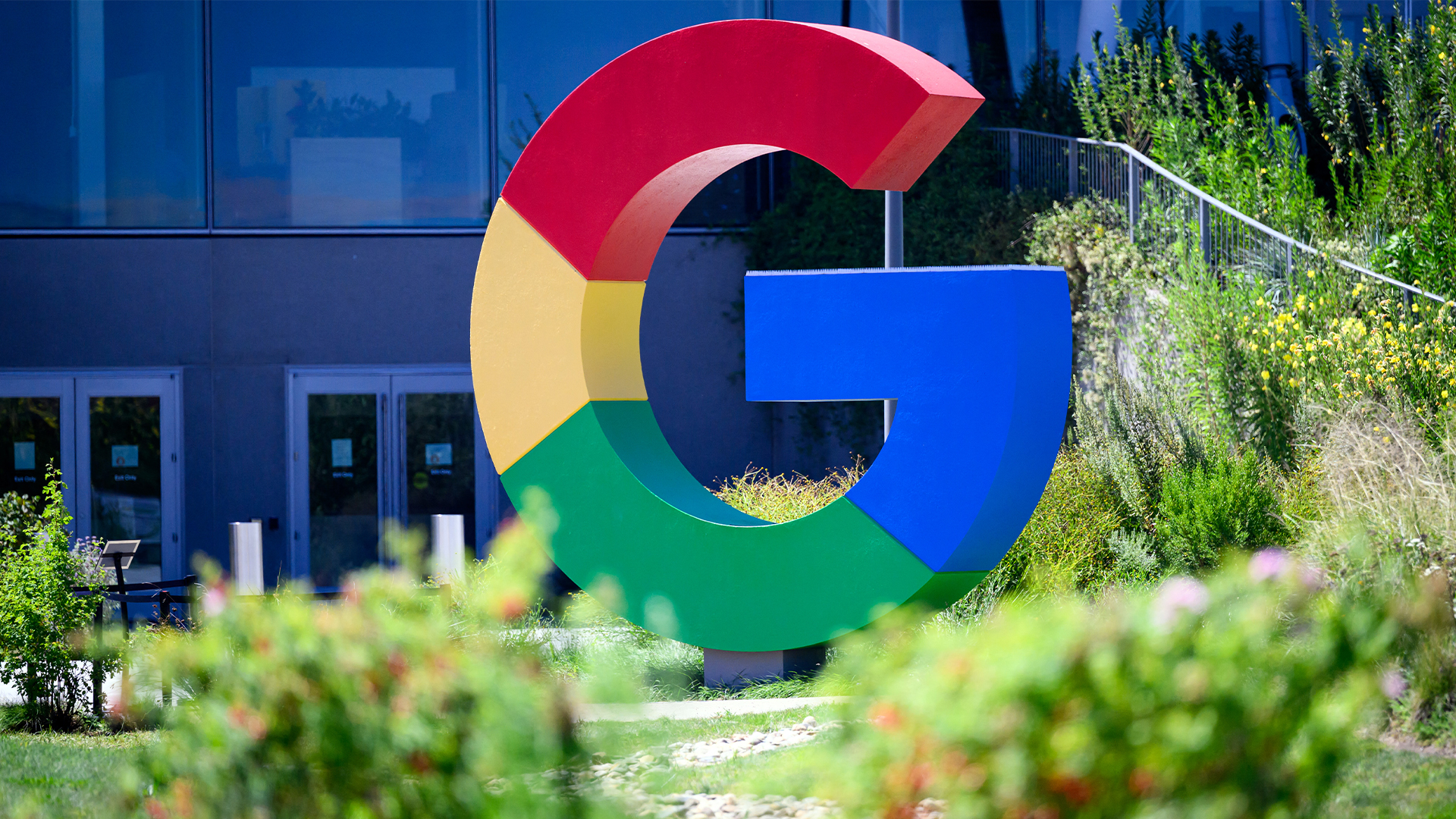
Google has reaffirmed its commitment to bolstering the security of memory unsafe codebases, acknowledging the transition toward memory safety will be a gradual one.
In a recent security blog post, Google outlined its two-pronged approach to advancing memory safety. This comprises advocating for the wider adoption of memory safe languages like Rust or Python while also not abandoning those using memory unsafe languages like C and C++.
The post begins by restating that error-prone interactions between software and memory are widely understood to pose a significant weak point attackers can exploit. According to Google, 70% of severe vulnerabilities in memory unsafe codebases are the result of memory safety bugs, which threat actors look to exploit in the wild.
In 2023, Google’s threat intelligence arm found the number of this type of vulnerability being exploited in the wild was close to an all time high. Based on its internal analysis, Google estimated that 75% of CVEs used in zero day exploits are memory-safety vulnerabilities.
Assessing how far the company has come in its journey towards eliminating these weaknesses, Google said memory safe languages comprise a large portion of its code, but some of the company's code used for high-performance demands is still written in C++.
The blog acknowledged that legacy code written in memory unsafe languages cannot be replaced immediately, and as a result, there needs to be a continued effort to make these programming languages as robust as possible while they are still in use in critical systems.
"Given the amount of C++ code we use, we anticipate a residual amount of mature and stable memory-unsafe code will remain for the foreseeable future," Google stated.
Sign up today and you will receive a free copy of our Future Focus 2025 report - the leading guidance on AI, cybersecurity and other IT challenges as per 700+ senior executives
Google’s ‘pragmatic approach’ acknowledges limitations
Google said its long-term objective is to progressively and consistently integrate memory-safe languages into its codebases as it gradually phases out use of unsafe code in any new projects.
The company claimed it has embraced memory-safe languages such as Java, Kotlin, Go, and Python for a large portion of its code. Google’s next goal is to ‘ramp-up’ memory-safe languages that have the capabilities needed to replace C++ in certain environments.
Speaking to ITPro, Ross Bamford, principal software engineer at CreateFuture, said Google’s strategy is a practical one that understands it;s not feasible to initiate a total sea change in programming languages overnight.
“Google's approach is pragmatic: rewriting all legacy C/C++ code is neither feasible nor necessary. Instead, they are driving the adoption of memory-safe languages like Java, Python, and Go for new projects, while focusing on securing existing C/C++ codebases,” he explained.
“This is a well-considered balance, given the realities of modern software ecosystems. Moreover, their investment in ensuring interoperability between these languages is a key move - considering the vast amount of existing infrastructure written in C and C++, easing integration is a substantial advantage.
Bamford further elaborated that data shows focusing on the use of memory safe languages in new projects is vital, but for the moment C and C++ has a place in the market.
“Google's data indicates that five-year-old code has a significantly lower vulnerability density - 3.4x to 7.4x fewer vulnerabilities - so focusing on new, memory-safe development is the right call,” he said.
“Modern languages like Rust, along with garbage-collected and dynamic languages, are frequently better technical choices today. However, C and C++ still hold a place, though often they are chosen more out of habit or outdated engineering practices rather than necessity.”
RELATED WHITEPAPER

He added that businesses should remember that memory-safe languages, although necessary, aren’t not a solution to all their problems. They constitute an easy win to eliminate a raft of vulnerabilities and the rest of the industry should follow suit, but Bamford noted there are a number of other factors that could leave businesses vulnerable.
“It's important to remember that memory-safe languages are not a panacea. They reduce many common classes of vulnerabilities, but we cannot afford complacency - poor system architecture or suboptimal algorithm choices can still lead to significant issues,” he warned.
“Overall, Google's strategy is a promising and pragmatic step towards fostering more secure coding practices. This is a direction the industry should pay close attention to.”

Solomon Klappholz is a former staff writer for ITPro and ChannelPro. He has experience writing about the technologies that facilitate industrial manufacturing, which led to him developing a particular interest in cybersecurity, IT regulation, industrial infrastructure applications, and machine learning.
-
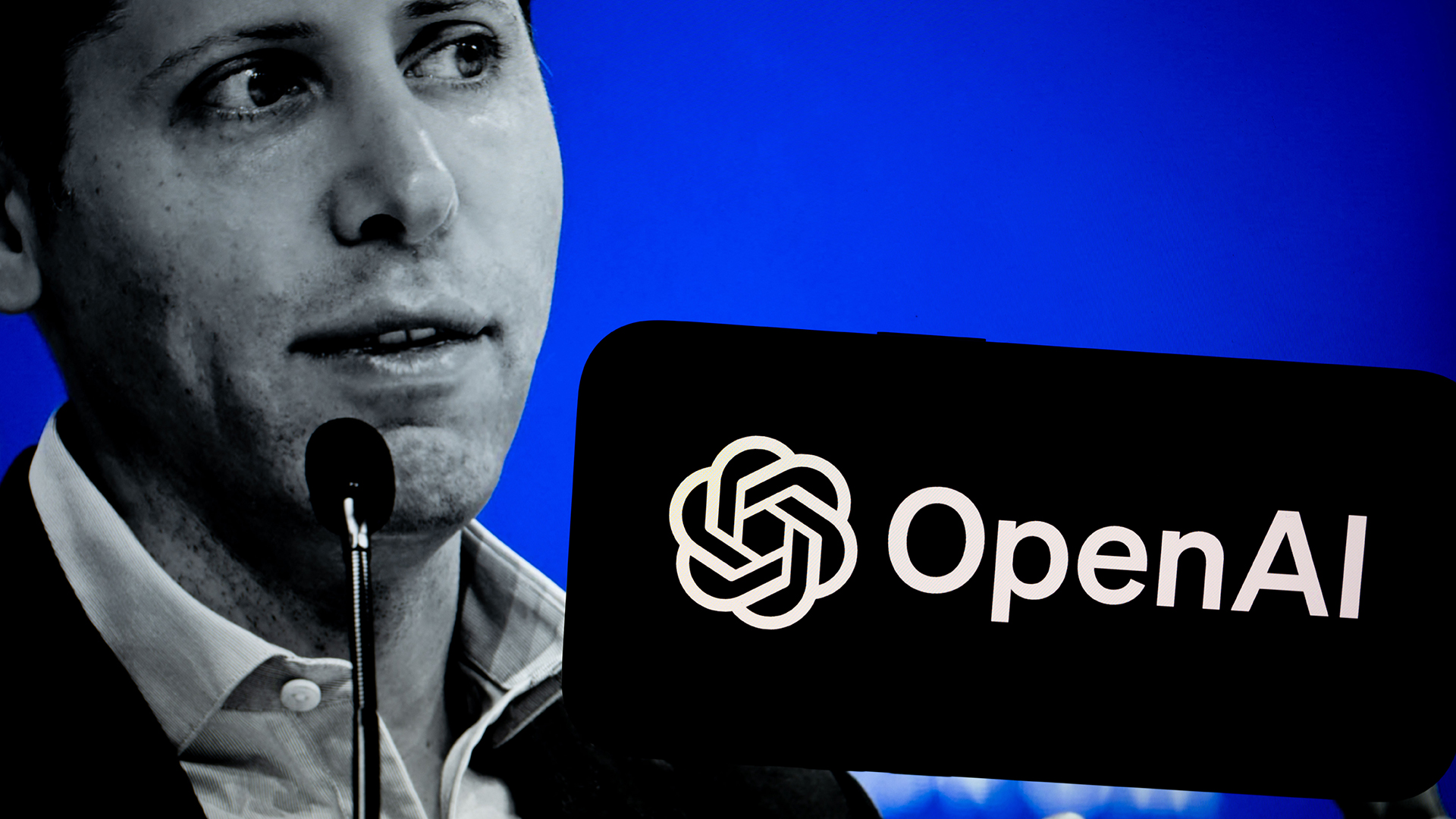 2025 marked the beginning of the end for OpenAI
2025 marked the beginning of the end for OpenAIOpinion OpenAI has its fingers in too many pies and it’s rapidly losing favor with consumers and enterprises alike
-
 Will 2026 be another challenging year for technology?
Will 2026 be another challenging year for technology?Feature SMBs will be looking at how they can prepare for the challenges ahead, from global regulations to AI implementation to digital IDs…
-
 Google CEO Sundar Pichai thinks software development is 'exciting again' thanks to vibe coding — but developers might disagree
Google CEO Sundar Pichai thinks software development is 'exciting again' thanks to vibe coding — but developers might disagreeNews Google CEO Sundar Pichai claims software development has become “exciting again” since the rise of vibe coding, but some devs are still on the fence about using AI to code.
-
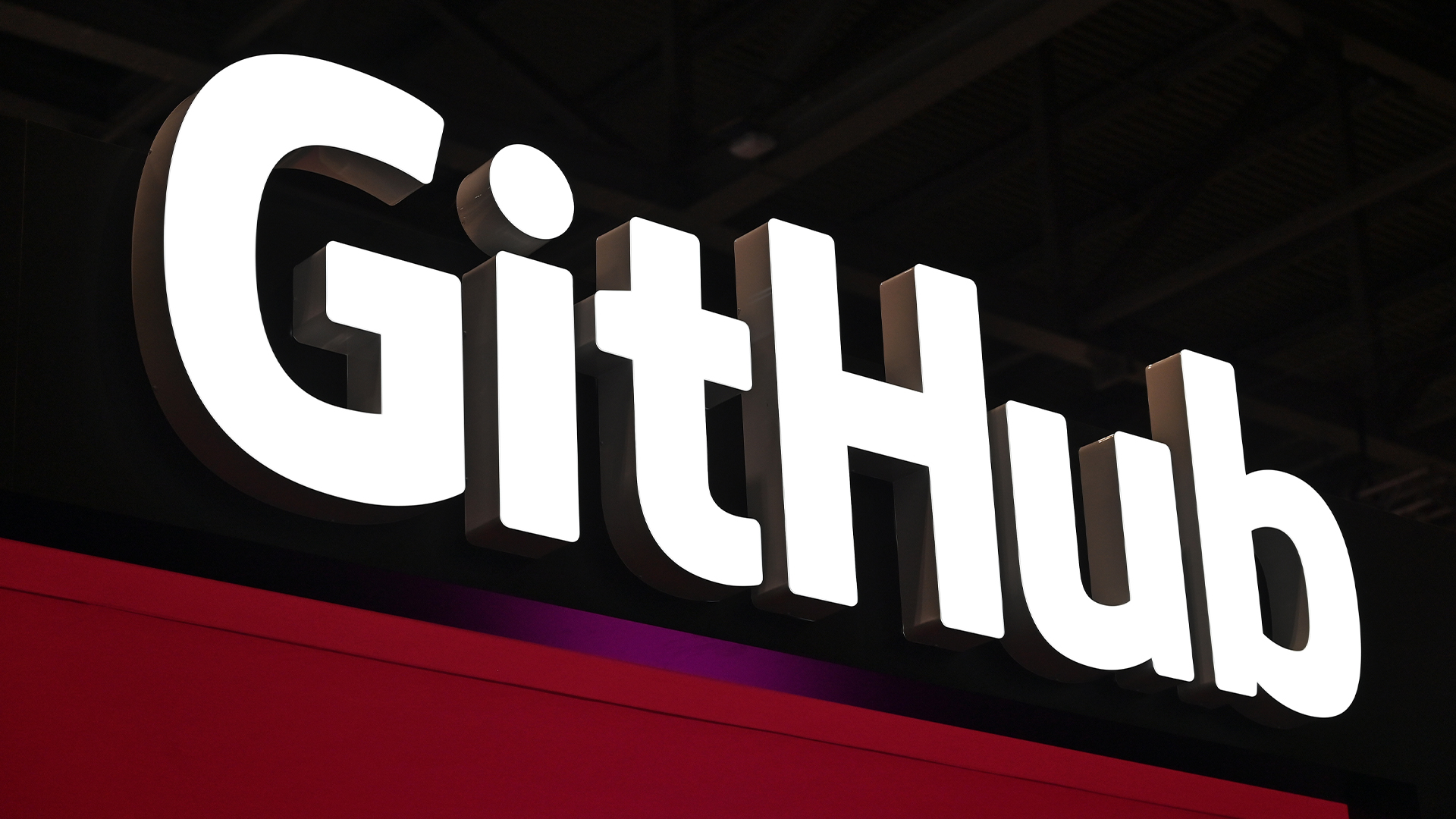 GitHub is scrapping some Claude, OpenAI, and Gemini models in Copilot – here's what you need to know and what alternatives are available
GitHub is scrapping some Claude, OpenAI, and Gemini models in Copilot – here's what you need to know and what alternatives are availableNews GitHub Copilot users are urged to switch to the newer models following the retirement cut-off
-
 UK government programmers trialed AI coding assistants from Microsoft, GitHub, and Google – here's what they found
UK government programmers trialed AI coding assistants from Microsoft, GitHub, and Google – here's what they foundNews Developers participating in a trial of AI coding tools from Google, Microsoft, and GitHub reported big time savings, with 58% saying they now couldn't work without them.
-
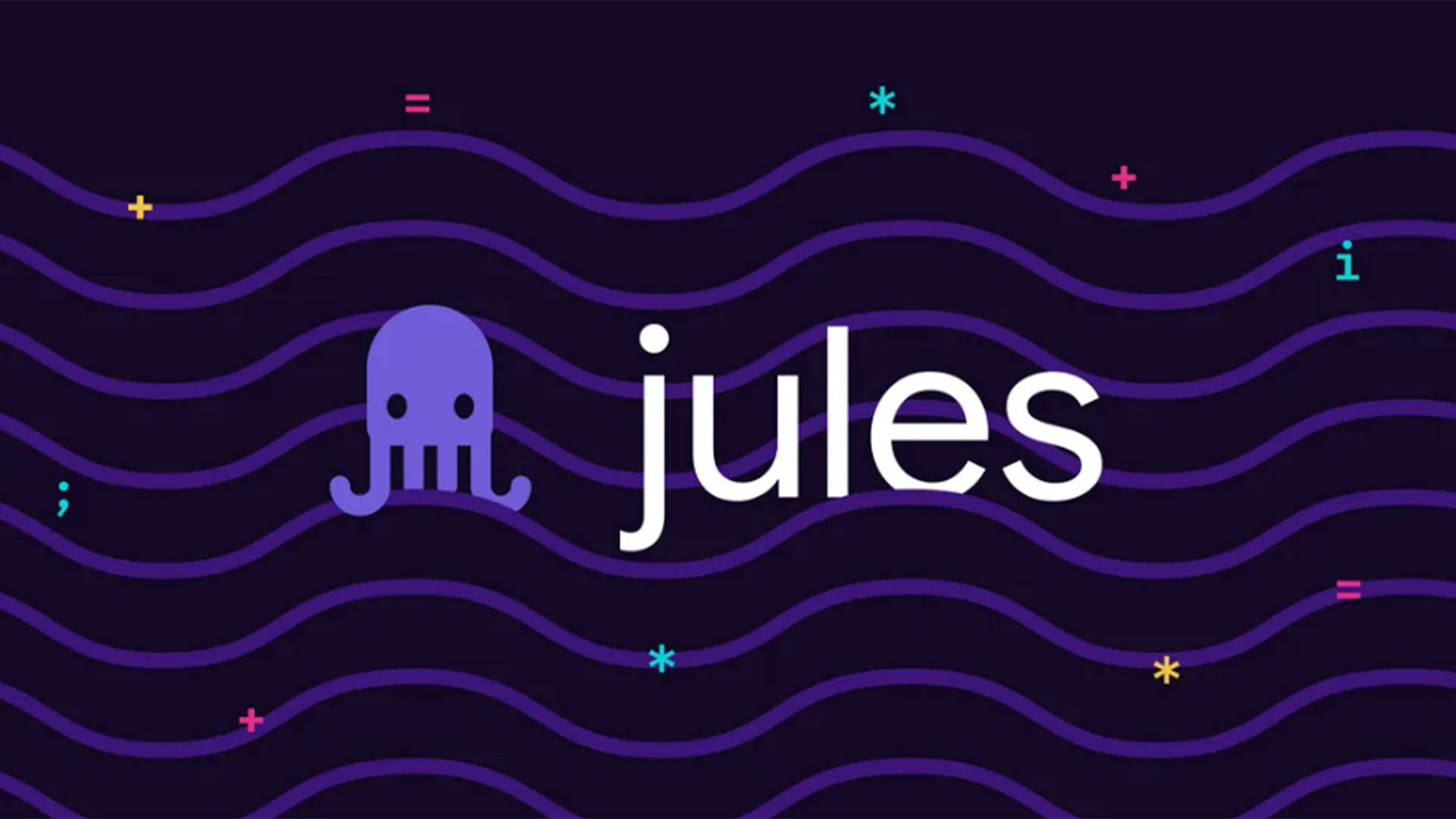 Google's new Jules coding agent is free to use for anyone – and it just got a big update to prevent bad code output
Google's new Jules coding agent is free to use for anyone – and it just got a big update to prevent bad code outputNews Jules came out of beta and launched publicly earlier this month, but it's already had a big update aimed at improving code quality and safety.
-
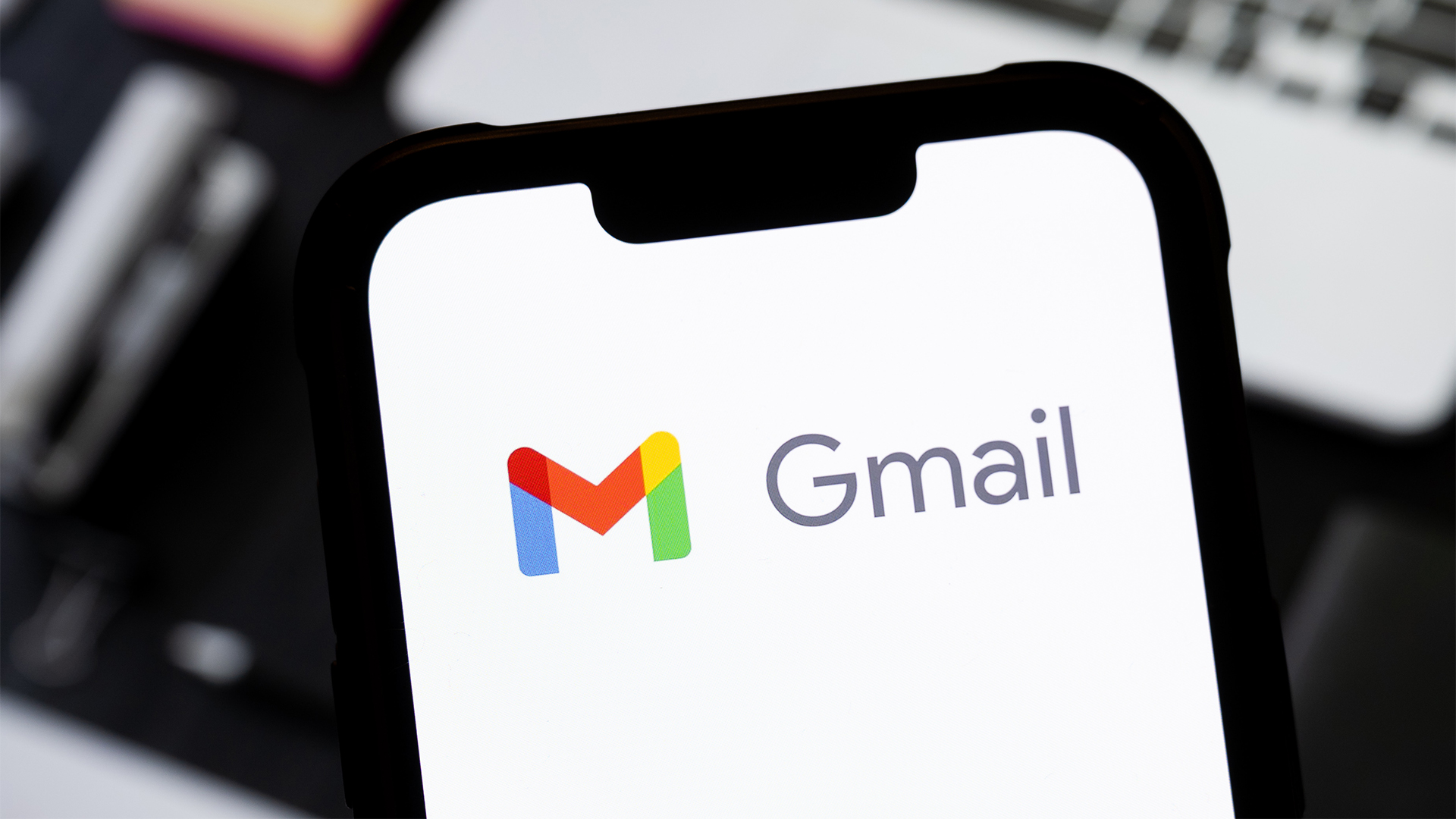 This handy new Gmail feature is exactly what you need to clean up your inbox
This handy new Gmail feature is exactly what you need to clean up your inboxNews A simple change in Gmail will give users more control over repeat senders
-
 OpenAI's plan to acquire AI coding startup Windsurf ended in disaster – here’s how the deal fell apart
OpenAI's plan to acquire AI coding startup Windsurf ended in disaster – here’s how the deal fell apartNews The acquisition by Cognition comes after a rumored $3bn offer from OpenAI fell through
-
 How immersive does a video meeting really need to be?
How immersive does a video meeting really need to be?Opinion It’s time to accept that virtual business meetings are awful and no amount of innovation will make them more engaging
-
 ‘Developers will need to adapt’: Microsoft CEO Satya Nadella joins Google’s Sundar Pichai in revealing the scale of AI-generated code at the tech giants – and it’s a stark warning for software developers
‘Developers will need to adapt’: Microsoft CEO Satya Nadella joins Google’s Sundar Pichai in revealing the scale of AI-generated code at the tech giants – and it’s a stark warning for software developersNews Microsoft CEO Satya Nadella is the latest big tech figure to reveal the scale of AI-generated code at the tech giant, prompting more questions about the future of software development.